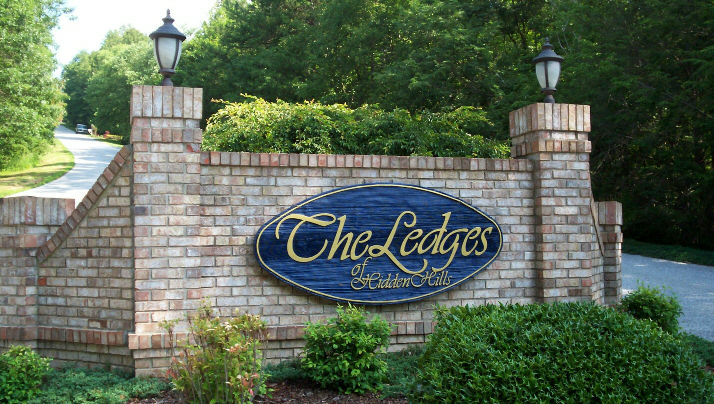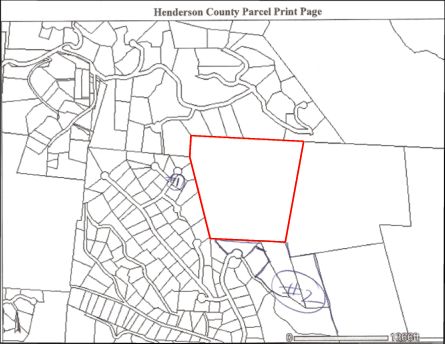
Ultimately, the only power to which man should aspire is that which he exercises over himself.........Elie Wiesel
Many of us wondered why such Draconian changes were being imposed on our neighborhood. Houses had been built on all but a few of the lots and property values were increasing. Without exception, owners took pride in and maintained their homes and abided by the Covenants. Why, then, did the newly-installed association president with cooperation from the original developer believe it necessary to subject the Ledges of Hidden Hills to the statutory parameters of the North Carolina Planned Community Act?
The reasons given speak volumes but aren't expositive. For example, behavior considered serious enough to warrant the imposition of a $150.00/day fine included walking two leashed dogs simultaneously, failing to answer the door or telephone when a Neighborhood Watch captain visits or calls and having an attitude of hooray for me and----you. (August 4, 2003 e-mail from homeowners association president)
It is disconcerting when a few so covet power they are willing to threaten their neighbors homes. Yet this does not explain the stated intention to add property to the subdivision and the provision that Board of Directors may, at their discretion, convene meetings outside the state of North Carolina.
Sometimes A Picture Is Worth A Thousand Words!

For the purpose of exploring motives, relevant observations are useful:
- The approximately 50-acre undeveloped parcel at the center
(Garren property) was zoned R-20 shortly before the association
Board retained Dungan and Mitchell to make suggestions concerning
changes to the subdivision documents.
- The Garren property is land-locked meaning it cannot be accessed
by existing right-of-way even though it adjoins three subdivisions;
the Ledges of Hidden Hills, Hidden Hills and Cove Creek Estates.
- Attorney Robert Dungan represents the Cove Creek Estates
homeowners association Board and advised them to adopt the Planned
Community Act giving assurances that, in return for access through
their subdivision, the Board could dictate development plans to the
purchaser of the Garren property.
- The North Carolina Planned Community Act provides for the formation of master associations created when the homeowners associations of adjoining planned communities merge.